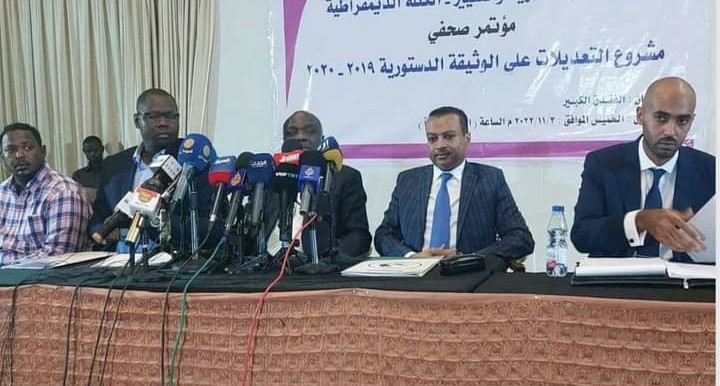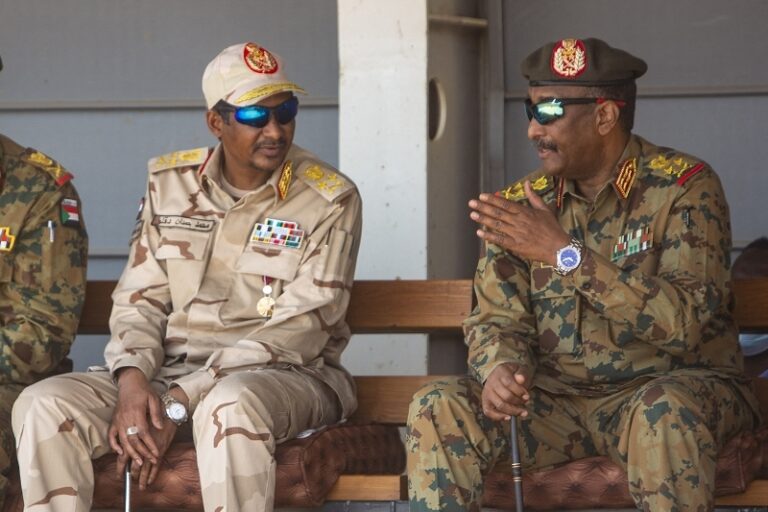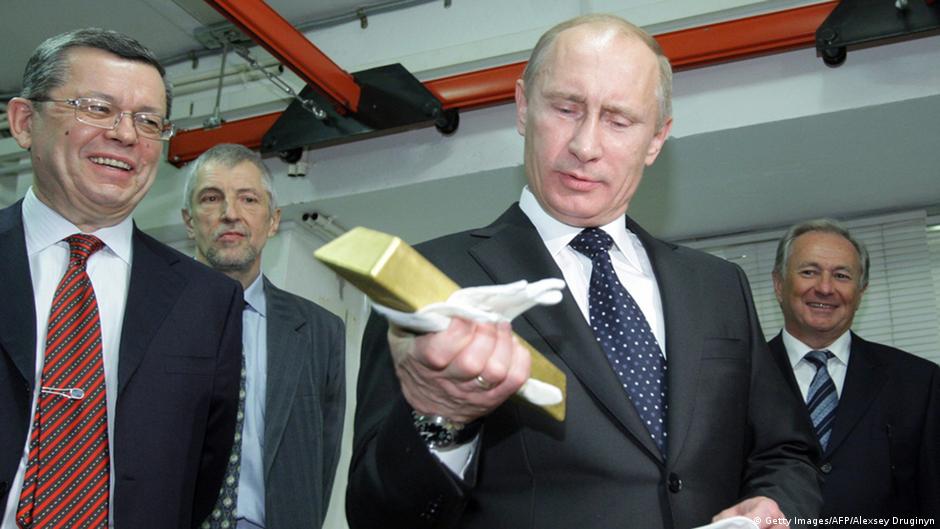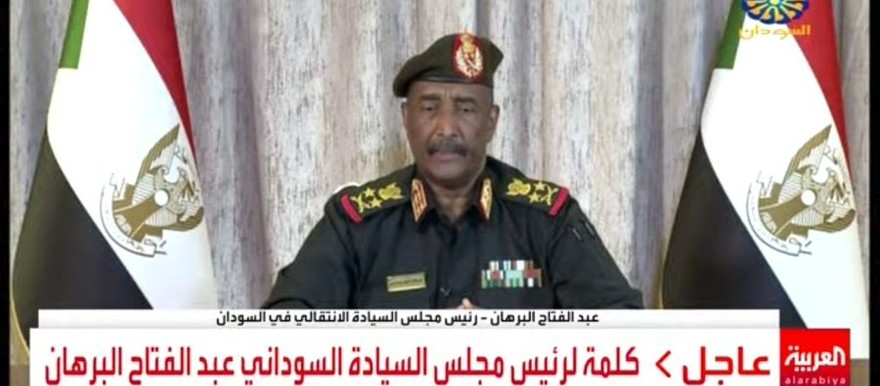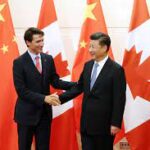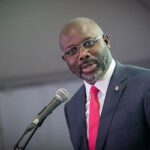The emerging of top military high-rank officials’ rivalry in Sudan is stirring up. Following the October 2021 coup Deputy Head of the Sovereign Council, General Mohamed Hamdan Dagalo alias Hemedti, changed his position and now he calls for a return to civilian rule. However, this very rhetoric might cause an escalation of the situation in the country, since chaos and instability will play into hands of the military junta and interested external forces.
Dagalo’s position is opposed by the head of the Sovereign Council, Abdel al-Fattah al-Burhan. On March 7, General Dagalo called on the army to hand over power to the civilians and vowed to “resist” those who want to cling to power. Back in February 2023, General Dagalo, commander of the Rapid Support Forces (RSF), displeased Sudanese top military leadership by saying that the October 2021 coup was a “mistake” and called on the military to hand over power to the civilian population. Gen Dagalo said that his RSF had no dispute with the army, but rather with those who want to cling to power.
It is now emerging that there is a power struggle between Gen Dagalo and Gen al-Burhan attributing it to Gen Dagalo’s close links with Russia that are angling for more significant influence in Sudan.
The rivalry between Dagalo and Burhan could weaken the military standing in the eyes of many Sudanese to the advantage of those pushing for the return to civilian rule.
While Gen Dagalo is agitating for the immediate handover to civilian rule, Gen al-Burhan has maintained that more political players should join the framework agreement to allow broader representation and that security sector reforms can only be undertaken by the government that will be elected.
Already, the Forces of Freedom and Change (FFC) — which led the protests that ousted former president Omar al-Bashir in 2019 — was forced to come out and clarify they are not siding with Gen Dagalo and his RSF.
Khalid Omer, the official spokesman for the civilian forces in the political process, issued a statement denying claims that there is an alliance between the RSF commander and the FFC leaders to push for the speedy return to civilian rule.
He attributed the claims to elements of the former al-Bashir regime that are out to cause division between progressive forces in the military and civilians so as to prolong the military rule.
FCC is only consulting with the RSF to push reforms in the security sector.
The meeting took place between Hemedti with the director of general intelligence, police deputy director, director of military intelligence, and the head of the RSF intelligence service. Prior to the meeting, the army spokesman had issued a statement reiterating its commitment to the political process and the formation of a single army in the country. The signatories to the political framework agreement welcomed the army’s statement and called to expedite efforts to form a transitional civilian government.
According to the framework agreement, the army has to hand over power to a civilian government. In addition, all the armed forces including the paramilitary RSF and former rebel groups should be integrated into the national army.
Two former armed forces and their political allies refuse to join the framework agreement. They call to engage more political forces in the process and to keep the 2019 political declaration that preserves their participation in the new cabinet. Their call is rejected by the pro-democracy alliance, FFC, saying the participation of the former regime’s allies would not allow to achieve the slogan of the revolution and challenge the democratic transitional process. The rejection of the non-signatories to join the deal encouraged General al-Burhan to come up again with his old demand to open the process for the other political groups.
Gen Dagalo is currently under the radar of the US Central Intelligence Agency over his close ties with Russia and the RSF operations in the diamond and goldmines in the neighboring Central African Republic (CAR).
Dagalo was supported by Moscow in exchange for the development of gold deposits in the interests of PMC Wagner in the area of the village of Tur Kelemi, near the capital of the state of Zalingei. Thus, in the nearest future Dagalo may face accusations of transferring the country’s national resources to the Russians. Dozens of Russians working for a mining company in Sudan are investigated for smuggling gold the Kremlin extremely needs because of the international economic sanctions.
Local residents protest against the seizure of the mines by Russian militants because the lands belong to displaced persons; moreover, they say that gold mining without their consent is no more than resource theft.
The RSF is a breakaway faction of the Janjaweed militants who are mainly responsible for the genocide in Darfur. They also control most of the Sudanese gold market.
Former Janjaweed leader Musa Hilal seized control of the Jebel Amer gold mining region in July 2015 and profited from vast gold sales. RSF commander Lieutenant General Mohamed Hamdan ‘Hemeti’ was behind Hilal’s detention before seizing the mines and the significant portion of Sudan’s gold market. He has family ties that link him to El Junaid Gold Mining.
The role of PMC Wagner in the region is to protect and control RSF gold mining, and fight with gold mining industry competitors in South Darfur. Russia smuggles gold out of Sudan, bypassing the county’s official gold export regulations. According to our estimates every month one plane with gold flies from Khartoum to Russia via Latakia, Syria; this flight is controlled by PMC Wagner. Therefore, the budget of Sudan loses billions of dollars of profit, while Russia receives it illegally and sells on the shadow market.
